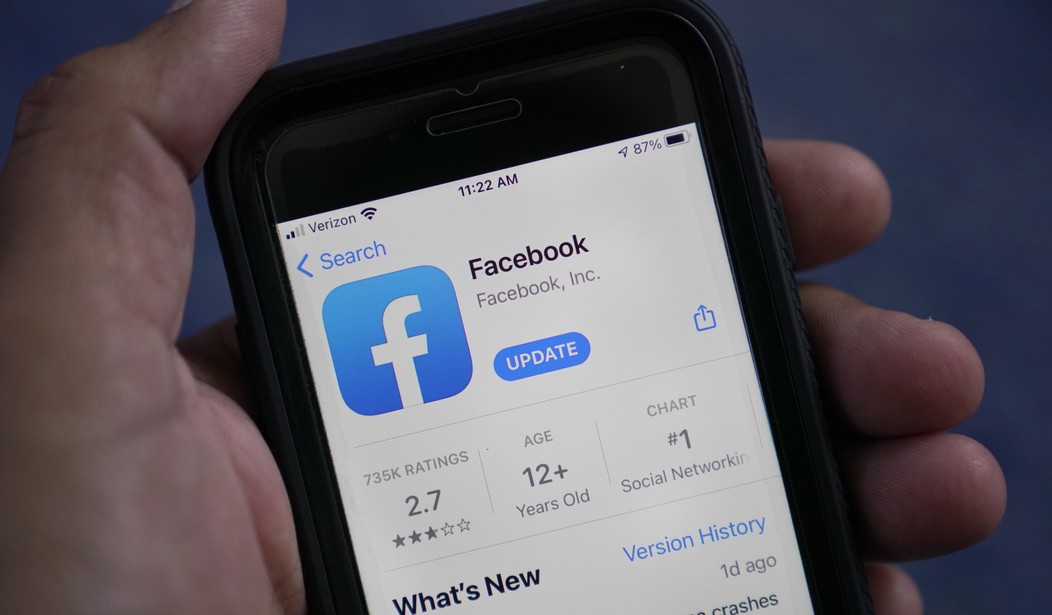The Democratic Party has tried to allay suspicions that it plans to pressure wireless carriers to censor certain text messages that supposedly spread “misinformation” regarding the COVID-19 pandemic and the vaccine. They claim that the Politico article that exposed their effort to get these companies to take action against particular types of messages that are being sent isn’t quite accurate.
But even if Democrats are telling the truth, what they’re trying to do isn’t much better than what was originally reported. Indeed, there does not seem to be a distinct difference between the two.
During an interview with The Washington Examiner, Democratic operatives tried to explain what they are really trying to accomplish. A DNC official told the news outlet that the Democratic Party is “training its grassroots volunteers to sign up for various mass email lists from Republican-affiliated groups since 2019.”
These operatives would then flag messages that might have a level of significance, or serve as fodder for criticism. The Examiner notes that Republican operatives engage in the same activities. I can attest that this is a common practice on both sides – even in the realm of media.
However, this is not the point of contention, is it? After all, people have the freedom to sign up for any email or text message list they wish. Why wouldn’t activists, journalists, and political operatives on both sides use this as a way to ascertain what the opposition is up to?
The Examiner’s report states that the official “conceded that they have added another internal step to their SMS process as a means of combating vaccine misinformation,” but this person claimed that the DNC does not intend to lobby companies like AT&T, Verizon, Spring, or T-Mobile to monitor text message activity that is being distributed at the bulk or individual level.
There are two different categories of text message exchanges that are important to this conversation. These include peer-to-peer (P2P) and bulk list messaging. P2P is when individuals send messages to one another. Bulk refers to companies or other types of organizations that send bulk messaging blasts to customers or supporters. Political campaigns rely on bulk messaging to solicit donations or provide important information to voters.
The official told the Examiner that Politico “didn’t do a great job” in explaining what the DNC is actually doing. The individual also claimed the piece “fueled a lot of embellishment and speculation” about this particular endeavor.
By way of explanation, the official claimed that this initiative involves monitoring bulk text messages sent ostensibly by right-leaning organizations and flagging supposed “misinformation” about the coronavirus and vaccine. They will then send the text messages to companies that provide these bulk messaging services to their clients.
“So all we do is say, ‘hey, did you know that you were sending out these messages?”
The official also disputed the notion that President Joe Biden is reading people’s text messages, saying those assertions are “fake news.”
White House officials told the Examiner that while the administration has put forth a more concerted effort to debunk information publicly, it is not involved in the DNC’s activities.
When the Politico report was published, it elicited an outpouring of criticism from high-profile politicians and media figures on the right who argued that this revelation constituted yet more overreach from the Democrats.
The contention that members of President Biden’s team are not personally reading text messages is plausible given the fact that it would be a Constitutional violation that is so egregious even the activist media would not be able to shield them from the fallout. However, a private company might be able to engage in this type of activity.
Still, the official’s quasi-clarification on the matter should not assuage people’s suspicions. When holding up this person’s explanation beside what was reported in the Politico article, one can see that this is a distinction without a difference.
The Democrats are planning to pressure wireless carriers and companies that provide bulk messaging services to silence information coming from groups who espouse opinions that differ from their own. In this way, they seek to use private companies to do what the government cannot do – yet.
This tactic has been used before by a hard-leftist group known as “Sleeping Giants,” which is a network of social media activists who try to shut down conservative media outlets. Their original and primary target was Breitbart News, which they targeted by publicly pressuring companies that advertise on the site. They contacted these advertisers on Twitter, telling them that they were advertising on a “racist” and “white supremacist” platform, hoping that these companies would pull their advertising.
What the DNC is doing is using the same strategy as Sleeping Giants. Except, in this case, it could be worse if they try to gin up public outrage against these companies to compel them to cease doing business with conservative groups who express opposing opinions against the line of thinking being promoted by the left.
Despite the official’s defense, it seems clear that conservatives are right to be concerned about such a move. Instead of trying to repudiate the arguments being made about the COVID-19 vaccine, they are seeking to shut down discussion altogether. As I wrote previously, this initiative is nothing more than a supplement to what the left is doing through Big Tech companies like Facebook, YouTube, Twitter, and others. Hopefully, more public attention on this issue will discourage the DNC from pushing this censorious agenda.













